Publications
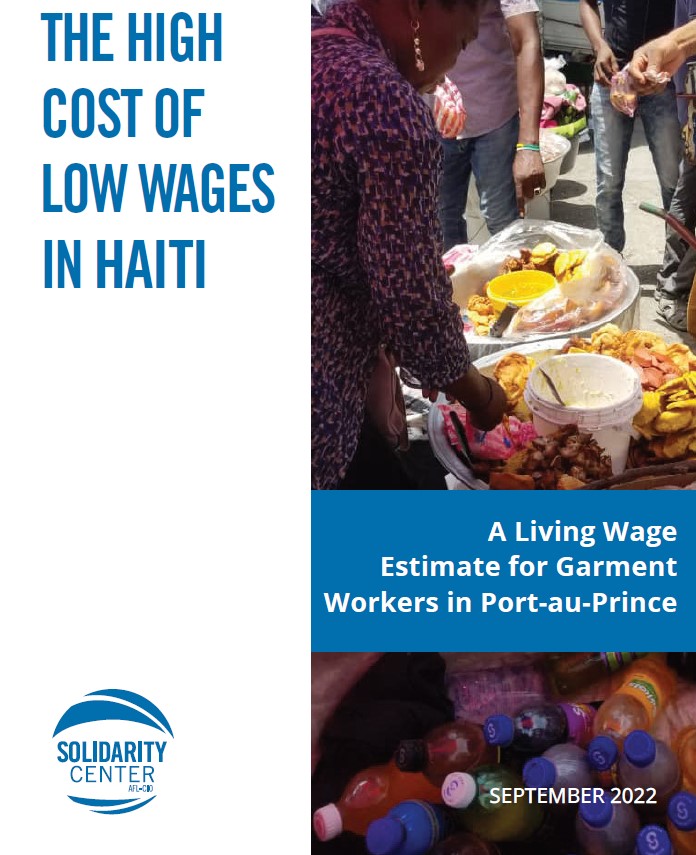
THE HIGH COST OF LOW WAGES IN HAITI (2022)
Haitian garment workers face increasing difficulty in covering basic expenditures as prices soar while wages hover far below the cost of living.
Download in English and Haitian Creole.
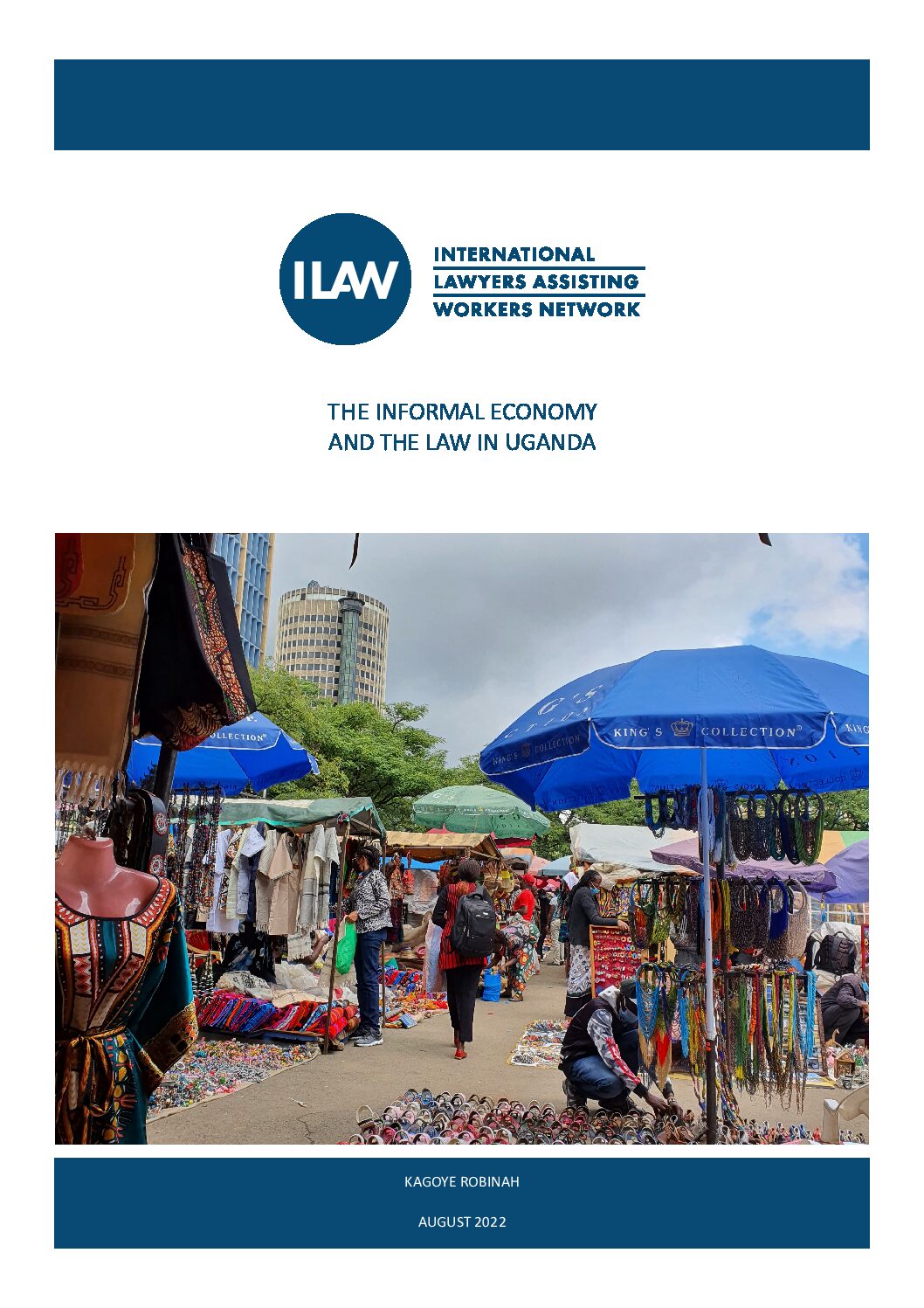
The Informal Economy and the Law in Uganda
The report analyzes how the current legal framework in Uganda fails to fully recognize and protect the rights of workers in the informal economy, even though they constitute 85 percent of Uganda’s labor force and over 50 percent of Uganda’s GDP. The gaps in Ugandan law reflect common vectors of legal exclusion of workers in the informal economy throughout the world, including exclusion from labor laws governing the right to form and join unions, organize and bargain collectively, and protections against discrimination, harassment and violence.
Download it here.
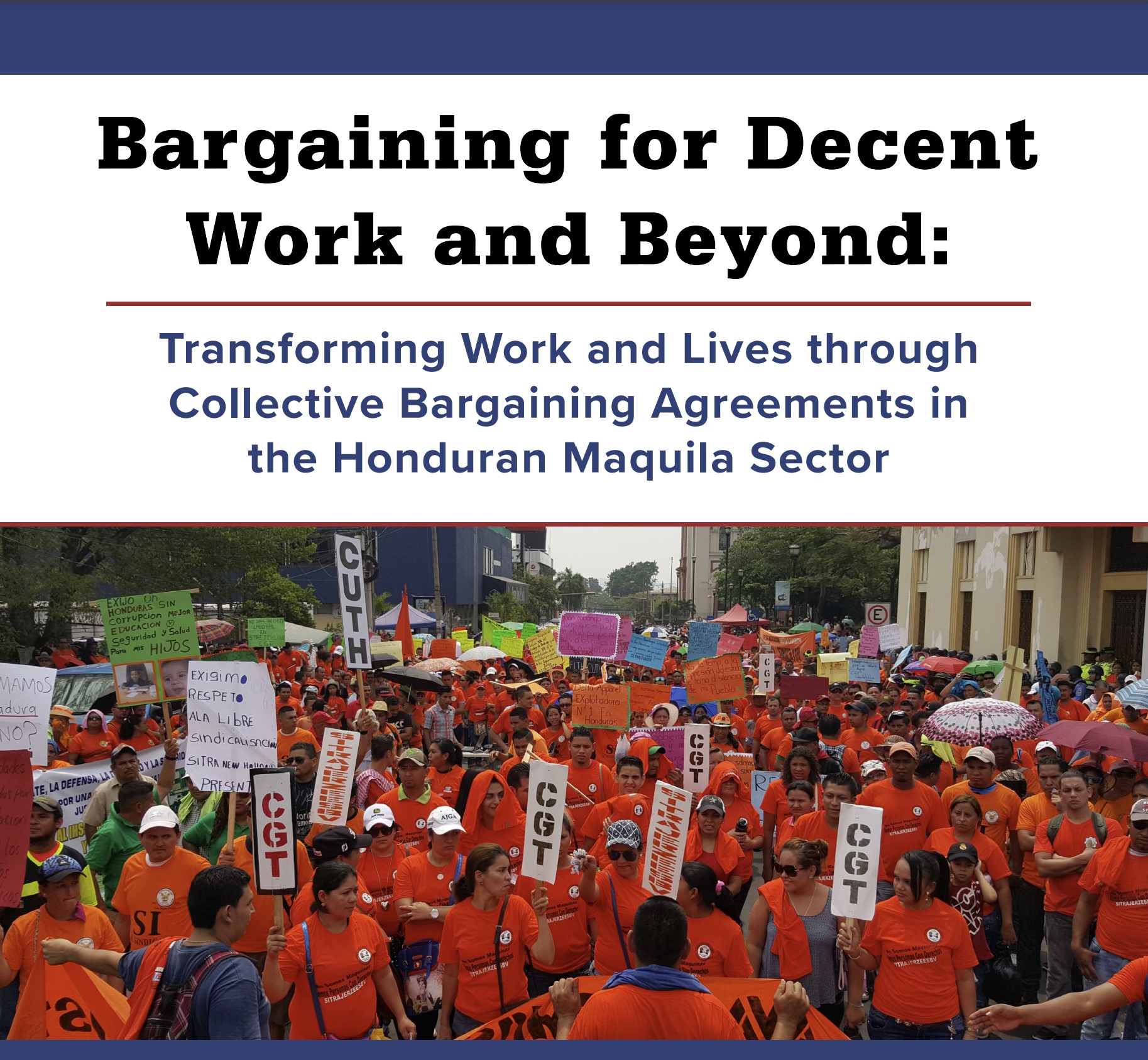
Bargaining for Decent Work and Beyond: Transforming Work and Lives Through Collective Bargaining Agreements in the Honduran Maquila Sector (2022)
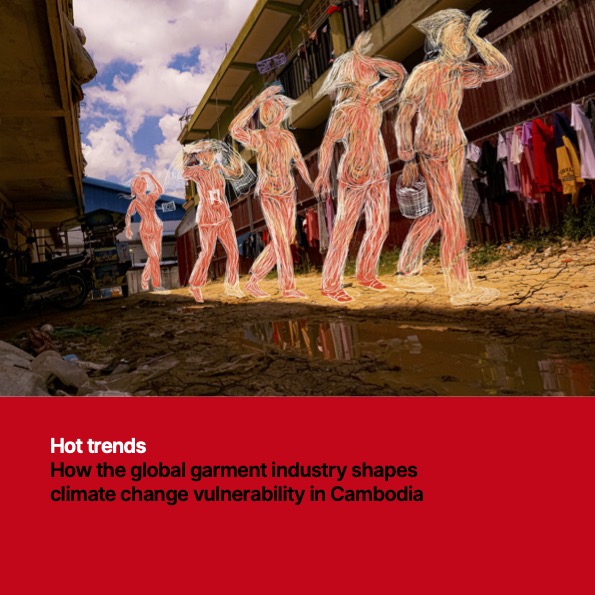
Hot trends: How the global garment industry shapes climate change vulnerability in Cambodia (2022)
In response to mounting public pressure, companies have moved rapidly to launch media campaigns highlighting their commitment to a green future. The global garment industry is no different. Behind much of this “greenwashing” remains the reality that the garment supply chain was designed to take advantage of production in countries where labor and environmental regulations are lax and to minimize brand responsibility for the practices of supplier factories.
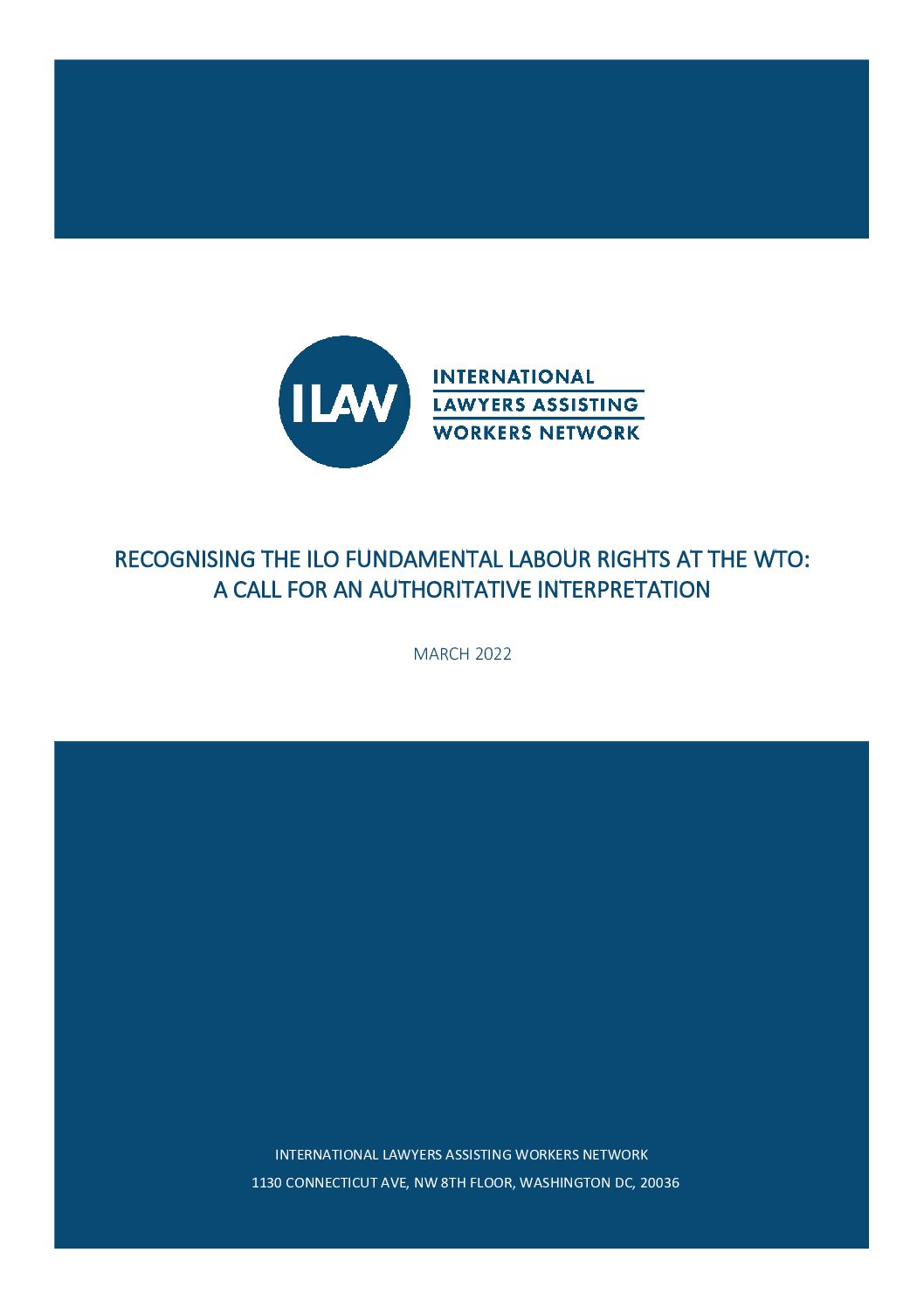
RECOGNISING THE ILO FUNDAMENTAL LABOUR RIGHTS AT THE WTO: A CALL FOR AN AUTHORITATIVE INTERPRETATION
This memo explains that under current WTO law, the ILO fundamental labor rights should already be protected under the ‘public morals’ clauses of the WTO’s General Agreement on Tariffs and Trade (GATT) and the General Agreement on Trade in Services (GATS).
Download it here.
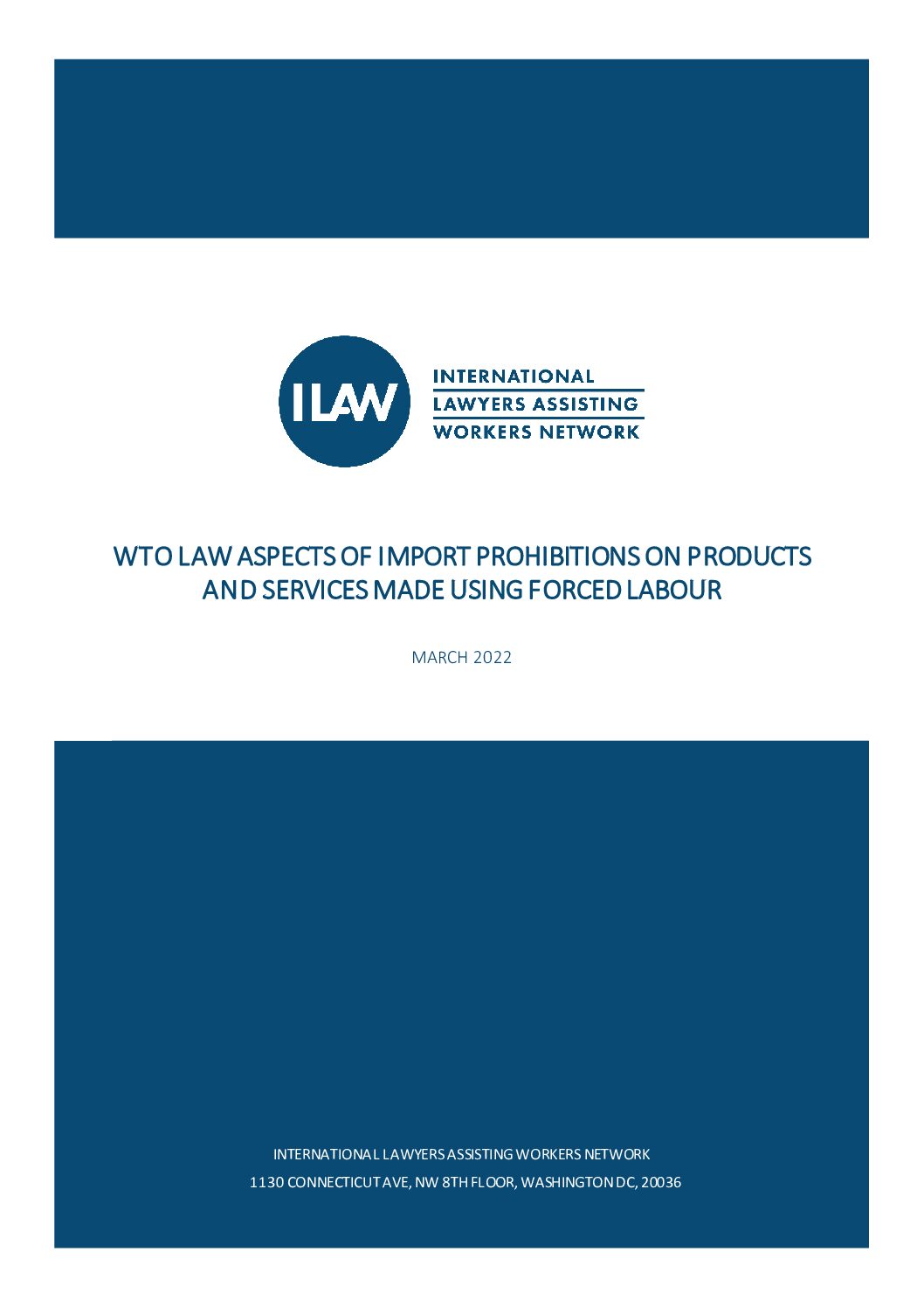
WTO Law Aspects of Import Prohibitions on Products and Services Made Using Forced Labour
All states are obliged under international law to eradicate forced labour within their own territories. However, these obligations do not require states to eradicate forced labour in other states. At most, states are obliged to cooperate with each other to this end. It is possible that, in future, they may also restrict trade in services supplied using forced labour. This memorandum considers the legality of such measures under WTO law.
Download it here.
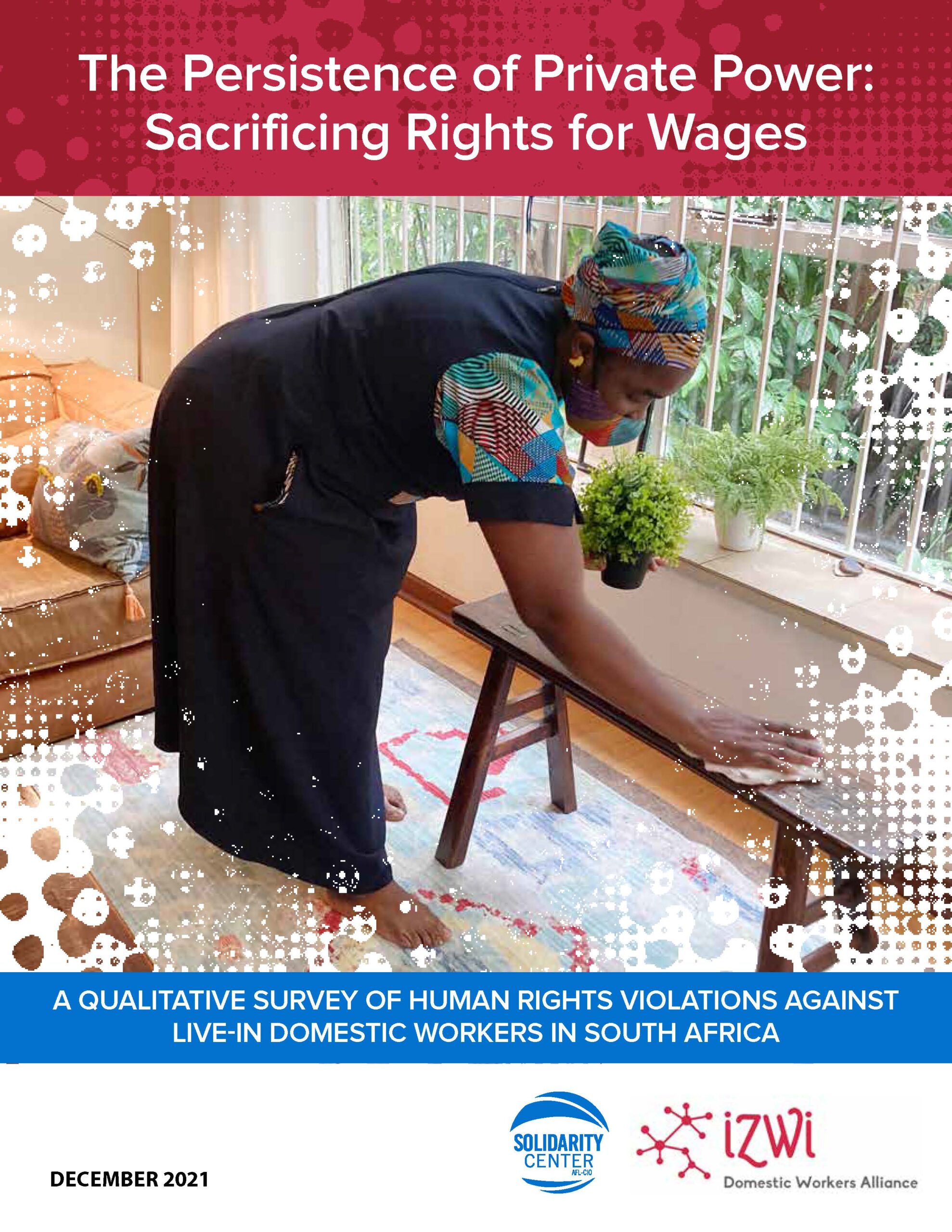
The Persistence of Private Power: Sacrificing Rights for Wages (South Africa)
“The Persistence of Private Power: Sacrificing Rights for Wages,” a qualitative survey of human rights violations against live-in domestic workers in South Africa, is co-published by IZWI Domestic Workers Alliance—a network of domestic workers in Johannesburg that advises workers on their labor rights and conducts related advocacy and research work—and the Solidarity Center.
Download here.
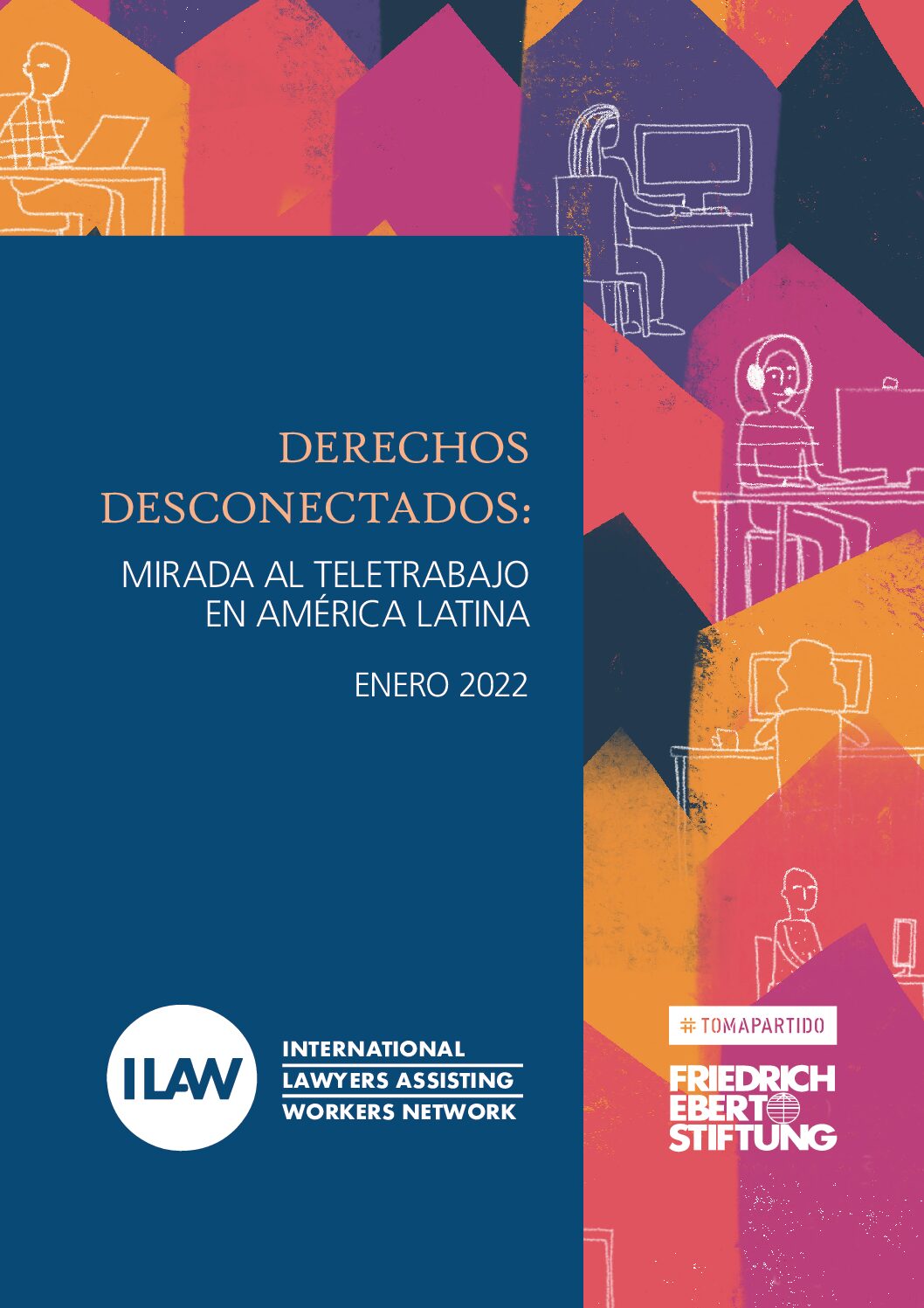
DERECHOS DESCONECTADOS: MIRADA AL TELETRABAJO EN AMÉRICA LATINA
The ILAW Network, in partnership with the Friedrich Ebert Foundation (FES) “Toma Partido” project, analyzes existing legal frameworks on telework in Latin America, whether adopted before or during the pandemic.
Download it here.
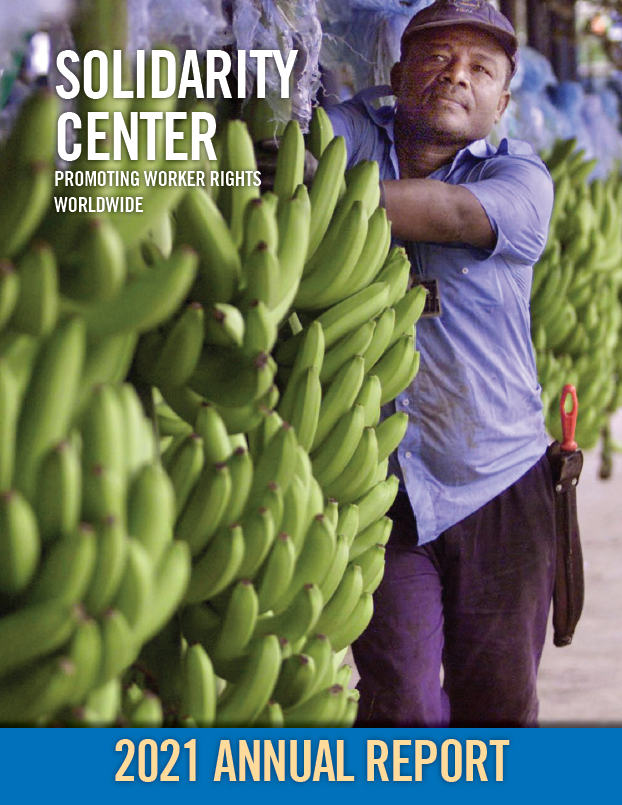
2021 Annual Report
Download here.
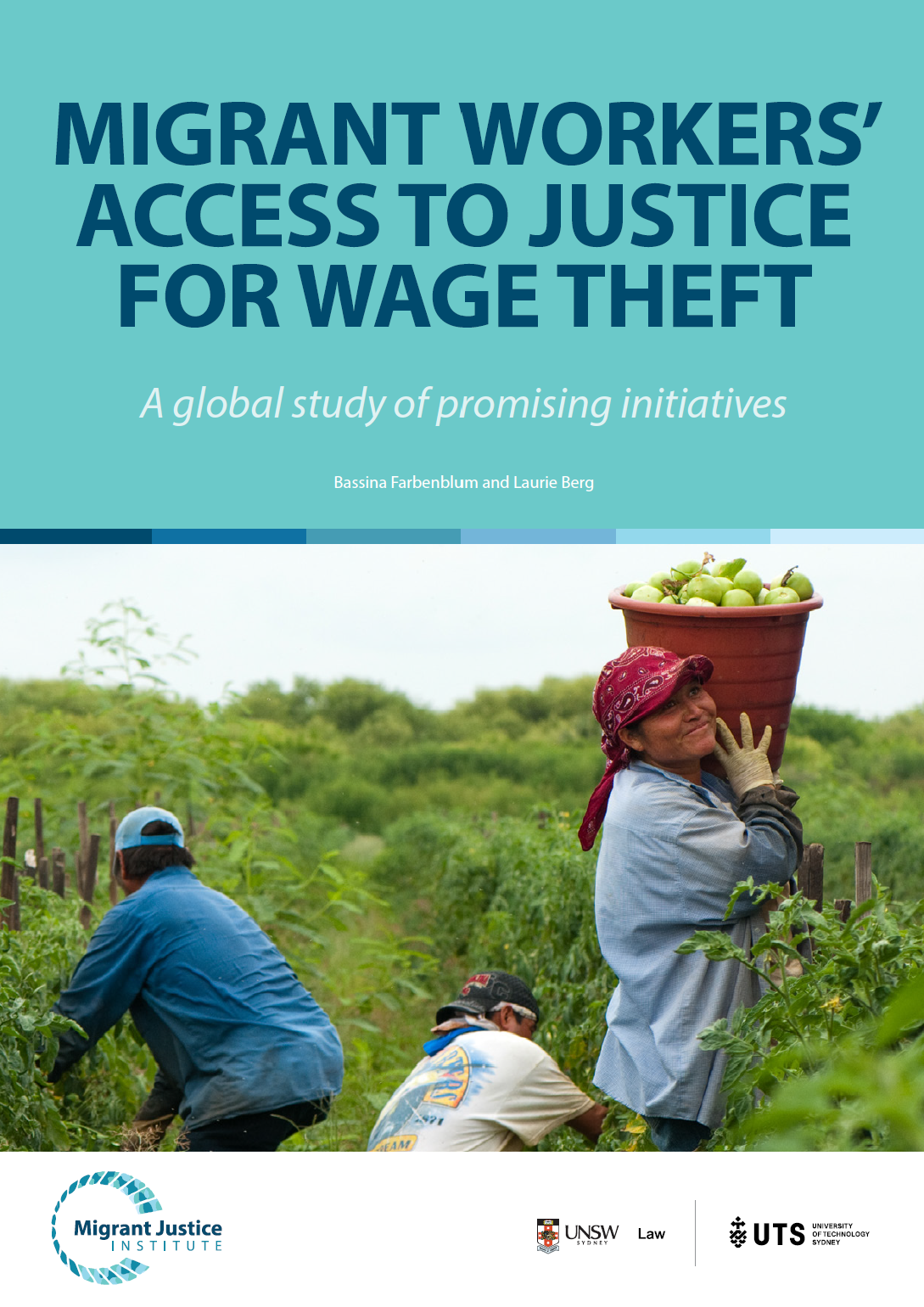
Migrant Workers’ Access to Justice for Wage Theft: A Global Study of Promising Initiatives
The report identifies initiatives from around the world that enable migrant workers to obtain redress for wage theft through administrative and judicial mechanisms. These initiatives shift risks and burdens of wage recovery away from workers and onto government and business, and disrupt employer expectations of impunity.
